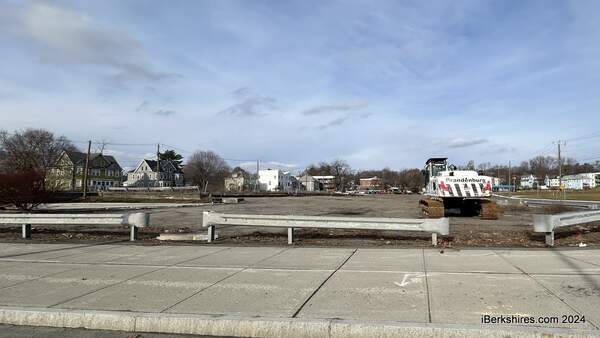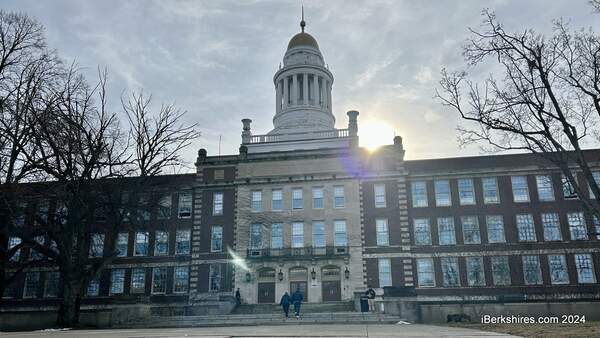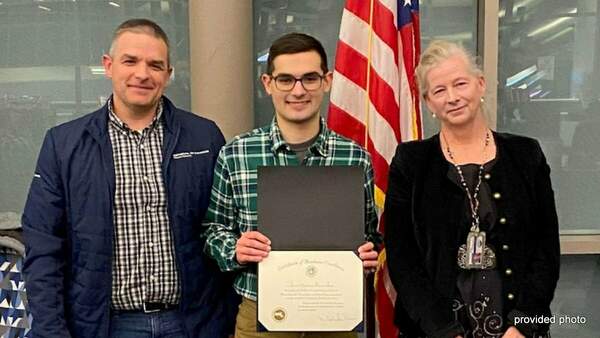DPU Investigates Energy Affordability for Ratepayers
BOSTON — The Massachusetts Department of Public Utilities (DPU) issued an order today opening an inquiry to examine measures to address the high cost of energy bills experienced by many Massachusetts residents. This inquiry (DPU docket # 24-15) will allow the DPU to consider improvements to current energy affordability programs to reduce the energy burden that impacts residential ratepayers.
The DPU seeks input from residents whose budgets are strained from paying their utility bills while trying to make ends meet. Massachusetts residents struggling with the energy burden are invited to send their comments before March 1, 2024. Learn how to submit a comment here.
"Too many families across Massachusetts are struggling to keep up with the high cost of energy," said Chair James Van Nostrand. "We need to take action now to address the challenges people bear in paying their utility bills, especially as Massachusetts transitions away from volatile fossil fuels. Our investigation will look at the different models that exist to reduce the burden so many of our residents face in making ends meet."
To ease the impact of the rising costs associated with the transition to clean energy, the DPU opened this investigation to better understand energy affordability problems felt by low- and moderate-income (LMI) ratepayers who are struggling to manage payments of their utility bills. This Notice of Inquiry (NOI) seeks feedback in the following areas:
- Design of residential energy affordability programs
- Program administration, such as the process to verify people's income
- Small commercial and industrial energy affordability issues
- General questions and concerns regarding energy affordability
The DPU acknowledges that there is a need for deeper understanding of the impact energy costs have on all households and further information on energy burdens, especially LMI households. In Massachusetts, energy affordability programs are required and offered through utility companies. Massachusetts' home energy assistance program, Low Income Home Energy Assistance Program (LIHEAP), is eligible for low-income customers in a household with 60 percent or less of the state median income (e.g., 2024 levels are $59,359 for a family of 2 and $87,294 for a family of 4). Many households that earn 80 percent or below Massachusetts's median income endure financial hardships in relation to paying utility bills. Additionally, lower-income households pay as much as 3.5 times more of their income on energy than other households.
This proceeding will enable DPU to consider improvements to energy affordability programs to ensure maximum participation and determine if additional resources are needed to aid residential ratepayers to lower the percentage of their income used to pay electricity and heating bills. Possible measures include offering varying levels of discounts depending upon income or placing a cap on the percentage of income spent on bills from energy utilities. For example, New Hampshire's Electric Assistance Program (EAP) provides eligible customers with a discount year-round on their monthly electric bills, ranging from 5 to 86 percent based on gross household income and household size.
Small businesses and non-profit organizations also experience the energy burden. The DPU requests information from stakeholders such as how to define small commercial and industrial businesses, and what methods are currently available and programs that should be available to these customers.
DPU requests input from members of the public, especially those struggling with energy costs; additional stakeholders; DPU-regulated entities; and other government agencies. The DPU order has been translated into 10 languages to promote further transparency of the Investigation on Energy Burden, and to receive feedback from residents who speak an additional language and/or are limited English proficient speakers. DPU highly encourages comments from people who are limited English proficient speakers, residents of environmental justice populations, displaced, living in low- and moderate-income households, and those who are vulnerable to the energy burden.
Following review of all public comments, DPU will:
- hold a series of technical conferences to explain the potential changes DPU is considering and to facilitate dialogue between stakeholders; and
- issue a written decision explaining any changes to energy affordability programs.
As such, translations of the order opening the NOI are provided in the following languages:
- Arabic
- Cape Verdean Creole
- French
- Haitian Creole
- Khmer
- Portuguese
- Russian
- Simplified Chinese
- Spanish
- Vietnamese
The DPU will consider all comments it receives regarding this investigation. The intent of this investigation is a fact-finding process to understand how the energy burden affects ratepayers, its degree of severity for residents, and what programs could be implemented to lessen the burden.
The DPU welcomes those interested to submit written comments and questions on the energy burden NOI by Friday, March 1, 2024. Please send your comments to dpu.efiling@mass.gov. Please specify the docket number for the NOI (DPU 24-15) and your name or entity submitting the comment.
The DPU strongly encourages comments and documents to be submitted via email. However, if you are unable to send written comments in electronic form, you can send a paper copy to Mark D. Marini, Secretary, Department of Public Utilities, One South Station, 3rd Floor, Boston, MA 02110.
To request materials in accessible formats for people living with disabilities (Braille, large print, electronic files, audio format) please contact the DPU's ADA coordinator Gabriella Knight: gabriella.knight@mass.
Tags: DPU,















